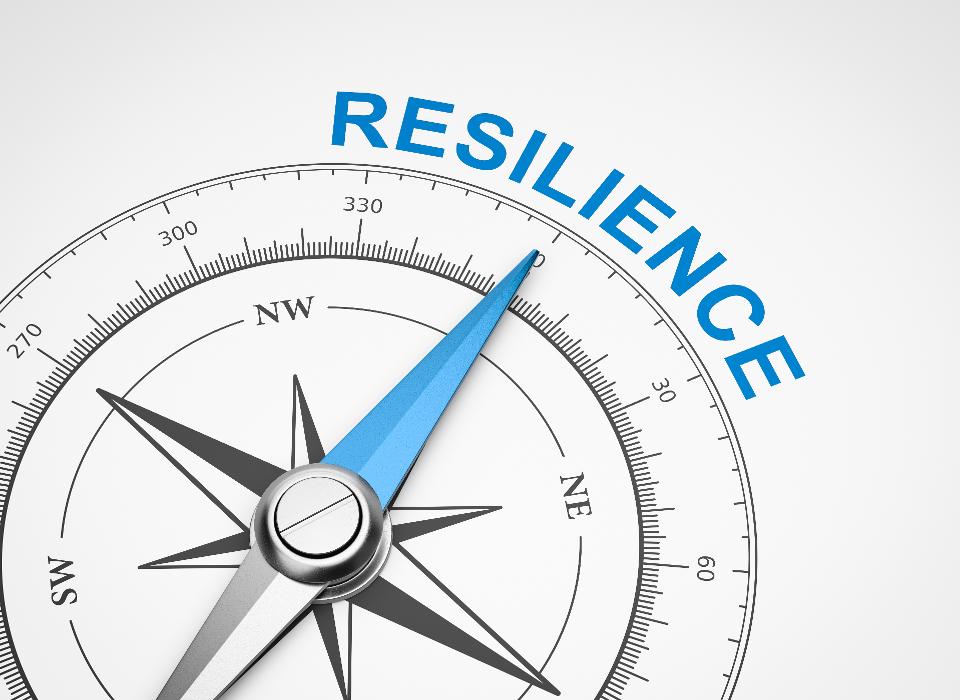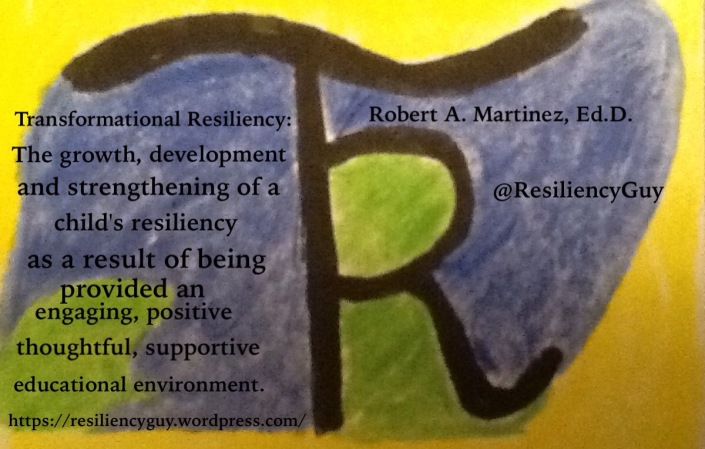Month: February 2015
Tale of two types of teachers
Thank you ACSA colleagues for sharing this post, and for continuing to be the primary force of ensuring that the over 6.3 million students in public education in California remain the priority in all conversations about education. It does take each educator focused on each student to create a comprehensive change of improvement to our delivery of education every day! Thanks again, Rob Martinez, Ed.D.
Tale of Two Types of Teachers
Image Posted on Updated on
Tale of Two Types of Teachers: One Brings Forth Transformational Resiliency, the Other Threatens Students Success-Time to Choose!
My dear fellow educators, parents, people who care about children, and supporters of a better world, let me first say clearly, each and every child you know needs your support, care, love and understanding. I further believe that each child you know is entitled to an educational environment where they are encouraged to grow in peace, able to stretch their thinking, advance their skills, build a healthy psyche, and become college, career, and community ready!
Quite simply, each child is entitled to learn in an environment that focuses on building Transformational Resiliency, and one where a child’s success is never threatened.
Unfortunately, in some of our schools today I must confess that there continues to exist some adults whose talents and skills do not focus on providing support, care, love, understanding, empathy, and growth mindset models to children. Instead, they hold a mis-guided belief that the tactics of fear, intimidation, power, control, shame, and punishment are effective strategies for keeping children in their place, quiet, compliant, and focused on solely outdated academic pursuits as defined by these mis-guided individuals. Hold for a moment while I gasp along with you, and shake my head at the reality that some of these adult individiuals are mis-guided teachers who desperately need our intervention!
I’d love to tell you that this is a myth, and yet, to my dismay, I have heard words from some teachers’ mouths directly to my ears, that describe situations that could only lead to frustration and negative success for many students. Some of these statements sound like: “We must lay down the law…we must convince them (students) that we are in control…we must demand that they respect us…we must be sure that they know the consequences of their actions…we must force them to behave…we must suspend them at the slightest misdeed…we must never let them see our weakness!”
While some people might seek to understand these statements, and some might even agree that each classroom needs order, that children must be provided parameters within classrooms, and that when there is no order chaos could derail many a classroom, the underlying premise of these statements is one of intimidation and fear, which is by no way a means to an end where children are involved. It saddens me that these feelings might reside in anyone.
This is a sad fact that there are those in positions of power, including some teachers, that seek to control students. Further, where these sentiments exist there may be a push by some to garner support, and replicate these thoughts. It is worrisome when a veteran teacher with such beliefs, who thinks that it is their duty to share their “wisdom” with new teachers to ensure compliance of students across their school, is the main voice on a campus without discourse occurring. I must say this practice of passing of knowledge, this training of the newbies, this approach to control, domination, depowerment, has no place in our schools, has no place in the raising of children, has no place in the growth mind-set that is needed to support our children. Further, these tactics especially have no place where children have experienced trauma, pain, discrimination, and disparate treatment from their community, and these children need emotional nourishment, not emotional neglect. In fact, the complete opposite is needed for children to grow in peace.
Now, rest assured, that situations are not like this everywhere, and know that a growing proportion of educators are striving, pushing, leading other educators to understand that the first and foremost important factor that will combat this approach is to first be a person, a human being, and to allow our children to know that we are humans with true interest in developing relationships with them as people. These healthy relationships are so needed across our educational institutions, and are indeed an avenue to save children, and in turn save ourselves. When educators seek to provide positive educational environments, where the resilience development of children becomes one of the prevailing factors of the work, and where adults are consciously aware that they matter in the lives of children, extremely positive outcomes are possible. This paramount priority of building relationships must be at the forefront of an educator’s mission on a daily basis for real and true growth of children to occur.
In many of the conversations that I have had with such educators I have heard words of inspiration, words that are filled with encouragement, words that are supportive, demonstrate love and care, and words that can indeed lead to the enhancement of positivity and quite possibly change the world. Some of these words include: “We must seek to understand each child that enters our classrooms…we must strive to build relationships, and be human beings…we must help our children develop their internal locus of control…we must create respectful environments where each child can give and get from their community…we must provide opportunities for children to see their futures, to build capacities they never imagined, and to learn how to support each other…we must seek to heal children…we must seek to forgive children…we must seek to restore justice to our classrooms, schools, communities so that children learn to understand the power they hold in their lives…we must strive to empower children, all children, each child, to be ready for the future they can, and can’t see!” Then as believers of education we must inspire those that are doing this important work with our children each day to continue, and to bring their colleagues with them to create a positive tipping point for each school!
When I hear these positive statements from teachers I am inspired. When I see these types of positive strategies and behaviors being implemented I am enthralled. When I hear groups of teachers engaged in discourse that is focused on building relationship with and among students in classrooms, hallways, quads, schools that are providing environments that are empowering children to be safe, build positive relationships, learn how to trust our educational institution, and to use the resources provided to them to grow themselves and each other, I am humbled to be an educator. And, my dear colleagues, it is happening. It is happening due to the strength of individuals, the courage of educators, the resiliency of children, the implementation of professional development that encourages and educates teachers about their power to truly change lives through making connections with children, and by not thretening a child’s success.
It is happening in more and more classrooms and schools. Teachers and educators are learning how to “Capture Kids Hearts.” Teachers and educators are helping children to “Be The Change.” Teachers and educators are striving to support children with understanding “Rachel’s Challenge,” and to initiate a chain of kindness. Teachers and educators are fostering healthy conversations. Teachers and educators are encouraging restorative justice practices. Teachers and educators are understanding that it is with support, love, caring, and focusing on the betterment of children that real change occurs, and that by dismissing the old myths that we gain something by controlling children is a practice that has reached far beyond its shelf-life.
Teachers and educators are building classrooms and schools where social-contracts are the rule, not the rarity. Teachers and educators are understanding that the power of positive mental health instruction and social-emotional learning curriculums are a priority for each classroom. Teachers and educators are empowering each other to create environments where Transformational-Resiliency practices are flourishing. Teachers and educators are rebuking the false promises out-dated strategies that seek to control children, and are replacing them with strategies that are nuturing and nourishing students.
If you have stayed with me through this writing you have probably picked up that I hold quite an internal passion for this topic. Yes, my wife and I have four boys, and one with some significant difficulties simply attending school, and each and every time I hear someone speak of the need to control studentes I cringe, I gasp, my heart races, and my blood begins to boil. I am seriously concerned for my son experiencing anyone who might wish to threaten his success, and I pray that each educator that he may meet over the remainder of his education will be someone who will seek to employ Transformational-Resiliency practices to encourage his success.
I ask you, in your work, in your life, in your role, if you hear any educator speak of the need to control students, please challenge their ideas, tell them that you are sorry for their perception and experiences that might have led them to this perspective, and explain to them that there is another way, a better way, a way of engaging students through practices that focus on kindness, care, compassion, empathy, and relationship building. Tell them that they have time to change, that the children they work with each day deserve the best they have to offer, not just the control they want to implement, and quite frankly it might be time to tell them that if they cannot choose to change, they might want to choose to leave. Our children deserve only the best!
Tell them about Transformational Resiliency: The growth, development and strengthening of a child’s personal resiliency as a result of being provided an engaging, positive, thoughful, supportive educational environment.
Peace, Robert A. Martinez, Ed.D.
@ResiliencyGuy @DrRobM_FSUSD https://resiliencyguy.wordpress.com/

